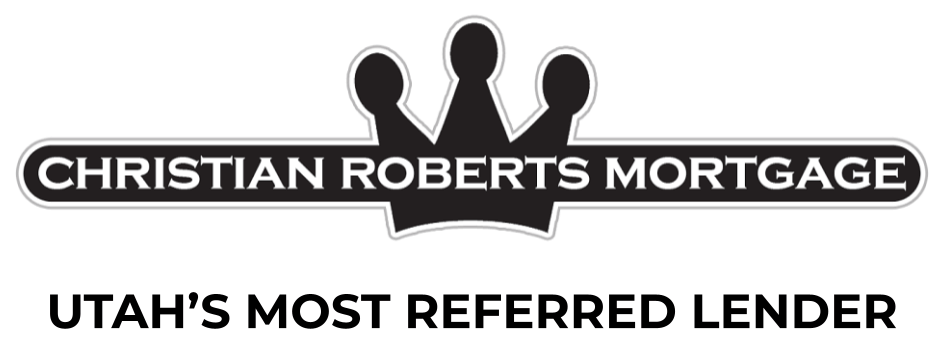
Buying a home is often the biggest purchase you make in your life. With all that money on the line, buyers and sellers AND lenders need a safe and secure way to make the transaction. In order to make sure the home sale and mortgage funds transfer take place properly, your lender will open an escrow account for you.
What is an Escrow Account?
An escrow account is essentially a holding spot for all assets involved in a home sale, run by a third party who secures them until all terms and conditions of the sale are carried out. You as a buyer do not want to hand over hundreds of thousands of dollars to a potential seller until you have that deed in hand, but a seller does not want to hand over the deed until he or she has all the money promised. An escrow account is a safe spot for all those assets to sit while the details of the sale are worked out and the transfer can be made simultaneously.
Protections for Buyers and Sellers
An escrow account offers protection to a buyer’s personal money and mortgage funds. The buyer must put down some earnest money at the beginning of the home purchase contract. That money goes into the third party-held escrow account so that the seller cannot keep it if the rest of the sale does not go through. Sometimes, part of the sale includes provisions that the seller repair certain parts of the property before the loan will close. An escrow account ensures that those repairs are completed before any funds are released. If the repairs are not finished before closing day, money can be held back in escrow from the seller’s proceeds to pay for the repairs. Another situation where escrow protects the interests of the buyer is when it is discovered that there are liens against the property. The buyer’s money will not be released until the liens are satisfied by the seller.
Similarly, the escrow account protects the seller as it holds the deed until the closing, meaning the buyer cannot take possession of the property until all the mortgage funds have been transferred.
The joint escrow account will be closed when the home purchase is completed. That is after the final paperwork is signed, the funds are transferred and the deed is recorded. Then your lender will probably keep open a single escrow account for you, the buyer.
Protections for Lenders
This escrow account eliminates a lot of risk for the mortgage lender as well. The lender can use escrow to collect money from the buyer to pay for property taxes and homeowners insurance. Making sure that both of these items are paid on time protects the lender against potential losses. Money for these things will be collected monthly as part of your mortgage payment and will be held in escrow until they are due. During the home purchase process, they will likely collect money in advance of these bills in order to have enough on hand when they are due for the first time. These fees are called “prepaids” and are often rolled in as part of your closing costs.
When the home sale is finished you will be mailed a copy of your escrow closing statement. Hold on to this for your tax returns. And be sure to ask your lender if you have any questions about your escrow account.

